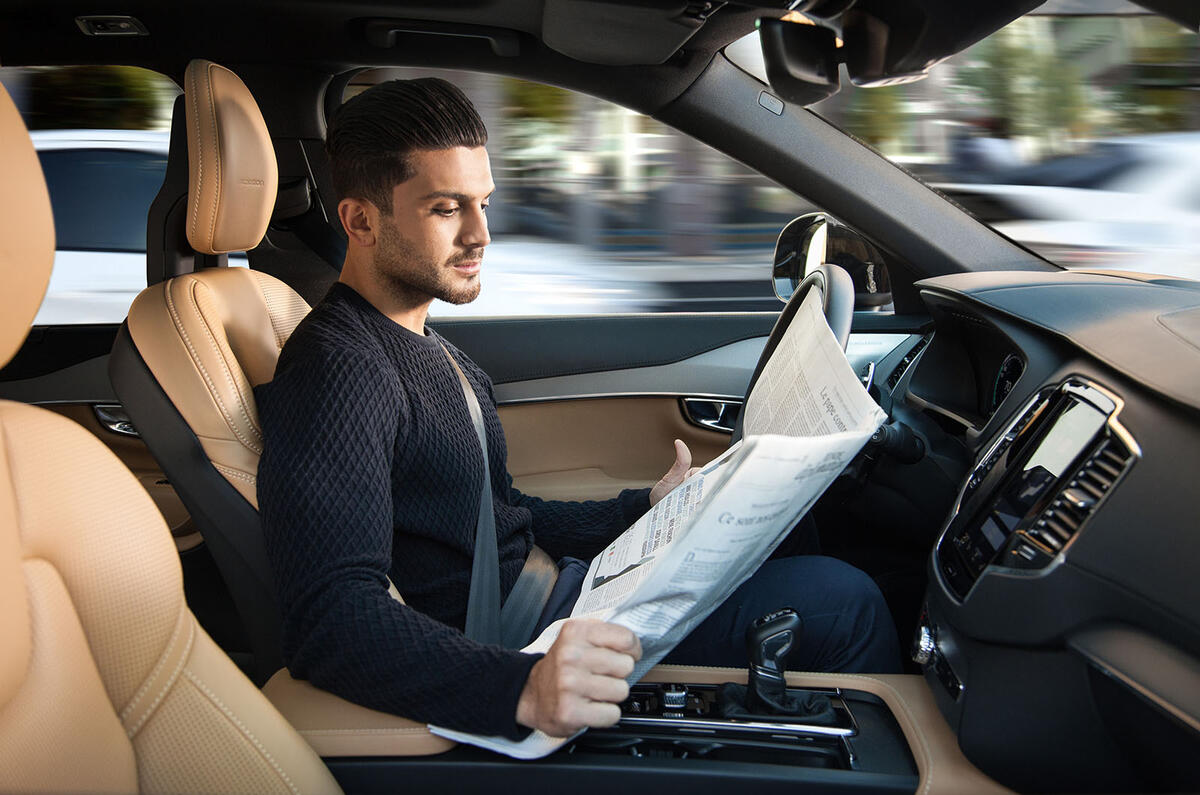More than half of new cars sold last year featured autonomous safety technology, with 1.5 million buyers opting for collision warning systems.
As autonomous cars increasingly become a reality, the latest figures from the Society of Motor Manufacturers and Traders (SMMT) demonstrate that consumers are starting to embrace semi-autonomous systems.
In the case of collision warning systems, total uptake was 58% of car sales last year, and while 31% of these were fitted as standard, more than a quarter of buyers – 27% - chose to have the system fitted as an option. By contrast, five years ago, collision warning featured on only 7% of cars registered.
Other popular tech includes autonomous emergency braking (fitted in 39% of cars), blind spot monitoring (32%) and adaptive cruise control (32%).
Mike Hawes, SMMT Chief Executive, said: “Fully driverless cars are still a long way off from everyday use, but this data shows advanced autonomous technology is already making its way into the majority of new cars.
“Connected and autonomous cars will transform our society – vastly improving safety and reducing congestion and emissions – and will contribute billions to the economy. The UK is already earning a reputation as a global development hub in this field, thanks to significant industry and government investment and the ability to trial these cars on the roads right now.”
The news comes as the Government announced in its recent budget that trials of fully autonomous vehicles would occur on UK roads next year.
And manufacturers continue to lead the way. Alongside the well-publicised tests of Google, Audi and others, Renault-Nissan recently confirmed that its popular Qashqai will be able to travel autonomously on a single lane of a highway from next year.
Tesla has also recently introduced its Summon tech to the UK, following a change in legislation. Model S owners can now set their car to park itself in a garage on private land.
A report commissioned by the SMMT last year found that serious accidents could fall by more than 25,000, saving 2500 lives every year by 2030, as a result of driverless vehicle technology. It is estimated that the annual saving to consumers by the end of the next decade could be as high as £40 billion, with motorists able to multi-task while behind the wheel, get to their destinations more quickly and save money on fuel, insurance and parking.





Join the debate
Add your comment
Just the opposite
autonomous tech